Optimal nutrition for diabetes is not just about the number of carbs we eat.
It’s ensuring that we get the ideal level of our body’s required nutrients every day - and that simply cannot be done with highly- processed foods.
Marty Kendall and the team at Optimisingnutrition.com have put together an incredible array of resources focused on whole-food dietary modifications, including an unbelievable 22 recipe books! Each book is a digital download (available wherever you are in the world) and focuses on the needs for a certain health condition or health-related goal.
In my humble opinion, these two are complete game-changers for those of us with diabetes following low carb:
(Click on the images or links above for more info about each book - and a great shout out to Dr. Richard K. Bernstein MD at the bottom of each description.)
Optimisingnutrition.com contains so many more valuable resources and I highly encourage you to check out their main website and NutrientOptimiser.com… but we’re just here to talk recipe books today.
No matter what your dietary focus, there’s a guidebook at Optimising Nutrition for you and you can click here to learn about all 22 books and their nutrient breakdowns.
To check out the individual books, you can find each here:
Maximum Nutrient Density – The most nutrient-dense recipes available!
High Protein:Energy Ratio – High protein:energy ratio for aggressive fat loss.
Fat Loss – Rapid fat loss with less hunger and cravings due to nutrient deficiencies and adequate protein to prevent muscle loss.
Plant Based – The most nutrient-dense plant-based recipes available.
Vegetarian – The most nutrient-dense vegetarian recipes (i.e. plant-based with eggs and dairy).
Nutritional Keto – Designed for someone who enjoys a ketogenic way of eating (without therapeutic ketone levels).
Therapeutic Keto – Designed to achieve therapeutic ketone levels (e.g. for epilepsy, dementia, or Parkinson’s).
Bodybuilders – Designed for muscle gain without excess body fat.
Athletes & Bulking – Support activity or growth with an eye on nutrient density.
Meat/Carnivore – The most nutrient-dense meals that contain meat (e.g. beef, pork & chicken).
Pescatarian – The most nutrient-dense pescatarian recipes (i.e. vegetarian plus seafood).
Low Carb Vegetarian – Nutrient-dense low carb vegetarian meals for stable blood sugars.
With links to follow shortly for the following:
Maintenance – Designed to maintain body weight while providing plenty of nutrients to live a healthy and energised life.
Egg-free – Maximum nutrient-density (without eggs).
Dairy-free – Maximum nutrient density (without dairy).
Egg & dairy-free – Maximum nutrient density (without eggs or dairy).
Immunity – Focus on the nutrients that support robust immune function.
Cancer (weight loss & nutrient density) – For someone with cancer (less glutamic acid and methionine) while maximising nutrient density and satiety to promote fat loss.
Cancer (weight maintenance) – For someone with cancer (less glutamic acid and methionine) while providing enough energy to maintain a healthy weight.
Cancer (weight gain) – For someone with cancer (less glutamic acid and methionine) while providing plenty of energy to support weight gain during and after cancer treatment.
(And they have Low Histamine/FODMAP book in the works)
Watch our recent FB Live conversation with Marty Kendall here:
What are your goals for optimal nutrition?
Weight gain? Weight loss? Muscle Gain? Something else?
Tell us about it in the comments below!










Observations of a decade of low carb for T1D management. Has it been worth it? What are the regrets? And what has changed in that time.